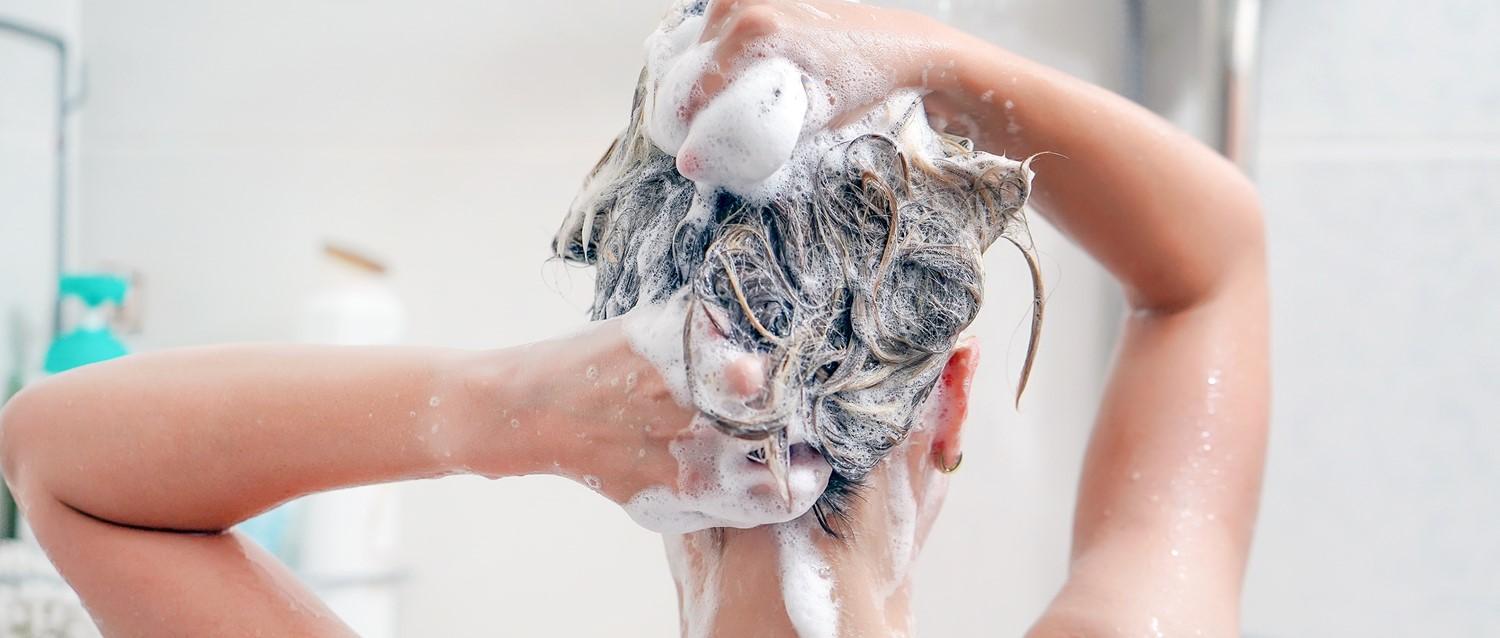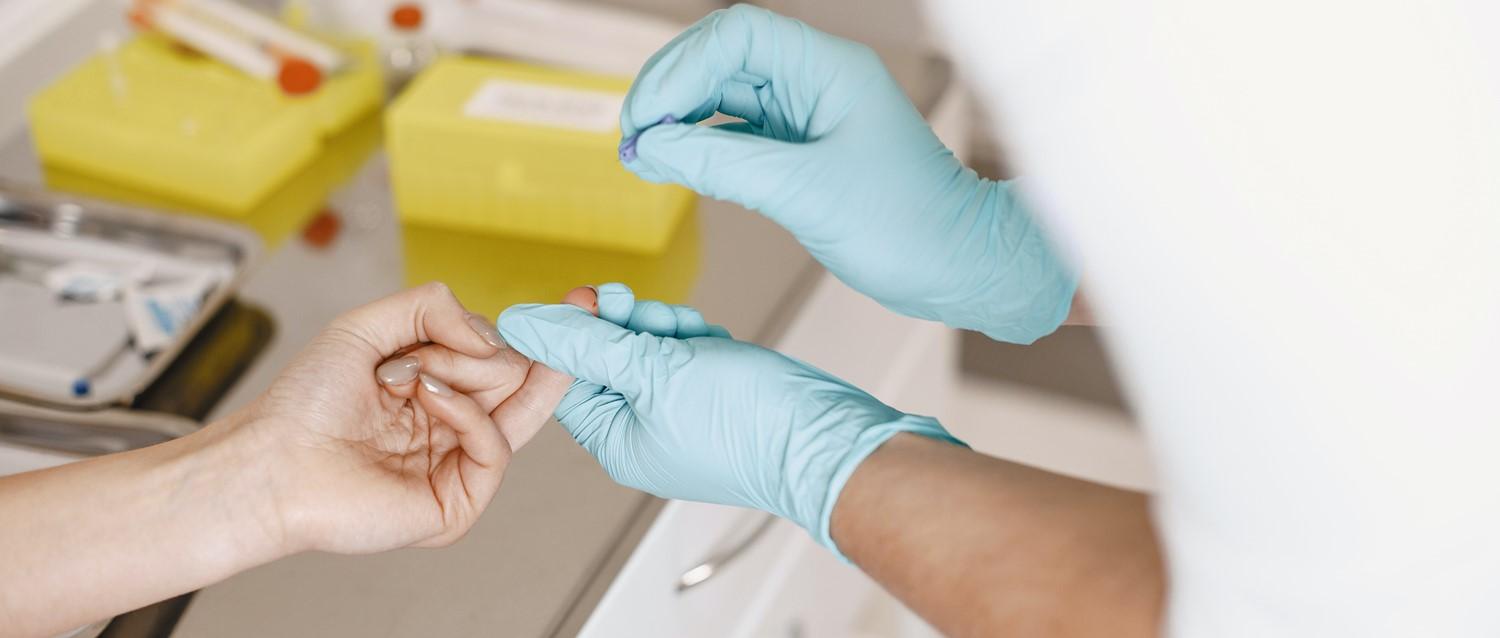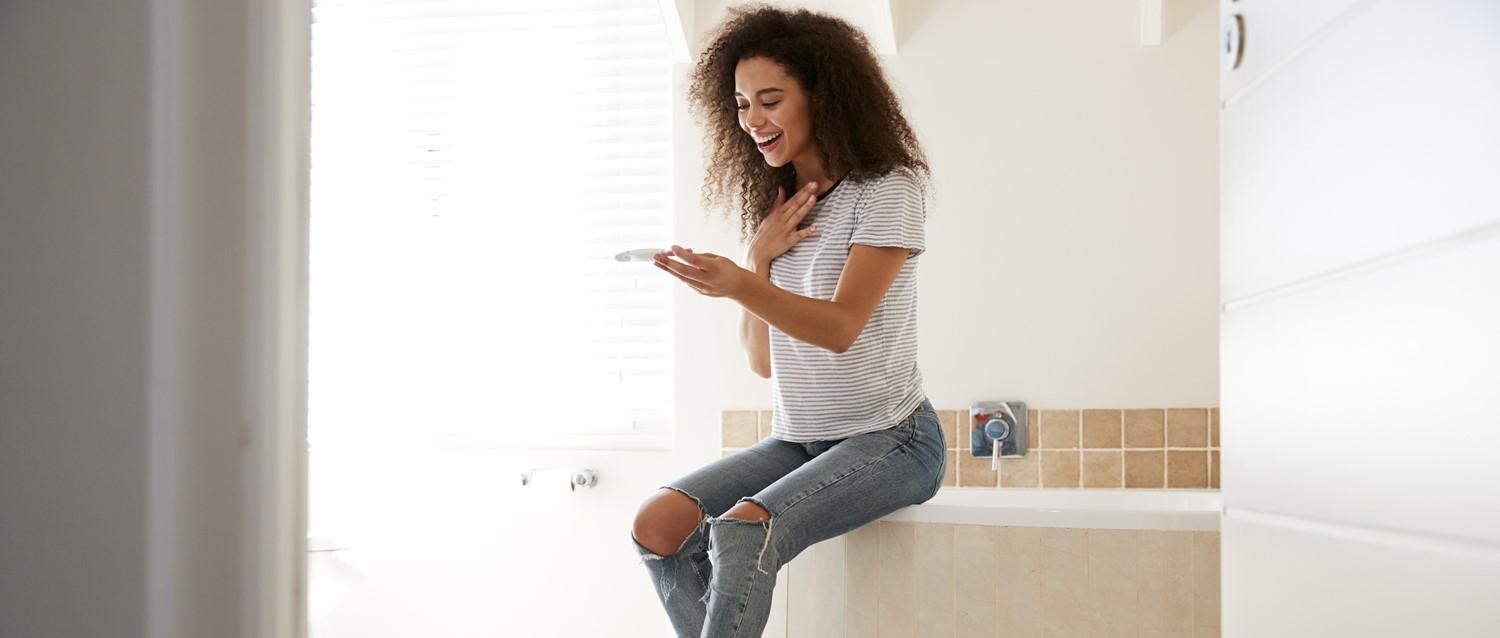
How to cope with hair loss after having a baby
Peer reviewed by Dr Krishna Vakharia, MRCGPLast updated by Lydia SmithLast updated 6 Jun 2023
Meets Patient’s editorial guidelines
- DownloadDownload
- Share
- Language
- Discussion
Your body goes through many changes during pregnancy and after you give birth. Although your hair probably isn’t your biggest concern, it can be worrying to see more of it falling out in the months after you give birth. However, this is normal - and something many women experience.
In this article:
Continue reading below
Why does your hair change during and after pregnancy?
The average person loses up to 100 hairs a day, but not all at once, so it’s not usually very noticeable. When you’re pregnant, however, your body has higher levels of the hormones oestrogen and progesterone, which prevent those hairs from falling out. Some studies suggest the hormone prolactin also leads to less hair loss and more growth, making your hair look and feel thicker1.
After pregnancy, when your body no longer has to support your baby, your hormone levels drop and the hair sheds. However, you’re not actually losing more hair than normal. It’s just that your hair is falling out in larger clumps than it ordinarily would, so it can seem more obvious.
Dr Leila Asfour, a dermatologist at the British Association of Dermatologists, says women may notice an increase in hair shedding and thinning in general over the whole scalp, called telogen effluvium.
"This is due to changes to the hair cycle, which causes the hair to fall out faster than it normally would,” she explains. “It tends to occur around three or four months after having their baby."
Over time, the hair cycle tends to return to normal, although this can take several months."The majority of women do not require any treatment for hair loss after a pregnancy as the hair cycle will eventually go back to normal without any treatments," says Asfour.
Postpartum hair treatments for hair loss
Unfortunately, there are no treatments to prevent or slow down the hair shedding process. However, there are treatments you can try to make your hair appear thicker and healthier.
Use volumising haircare products
Volumising shampoos and conditioners can make your hair look and feel thicker by adding body to it. These products won’t stop your hair from shedding or make it grow faster, but they may improve the look of your hair.
Eat well
Food shopping and cooking may be the last activities on your mind when you’re looking after a newborn. However, eating a diet with a variety of fruits, vegetables, fibre, and healthy proteins will make sure you’re getting all the vitamins and nutrients you need, which will keep you and your hair healthy.
Eating well doesn’t have to be too complicated or time-consuming. Avocados and eggs are a good source of protein and healthy fats, which boost your skin and hair health2. If you’re short on time, smashed avocado and poached or scrambled eggs on wholegrain toast is a quick, filling meal.
The nutrients zinc and selenium are also important for healthy hair. You can find zinc in fortified cereals, wholegrain bread, nuts, red meat and chicken. Selenium is found in pork, beef, turkey, chicken, fish, shellfish and eggs. Vegetarians can get selenium from spinach, green peas, beans and potatoes. A jacket potato with beans and some veg on the side is another easy, quick meal.
Take vitamins or supplements
Although no specific vitamins have been shown to affect hair loss, they can help support your overall health. "Other things to consider during and after pregnancy which can impact hair growth include women's thyroid function, iron levels, vitamin D, zinc, and vitamin B12 - also known as folate," says Asfour.
"Boosting these can support the overall hair health. After having their baby, women can become iron deficient, so it is important to check these levels during and after pregnancy."
Use the right contraceptive
Women often start contraception after pregnancy, but Asfour says it’s worth being aware that certain contraceptives can make hair shedding worse3.
"We would recommend a contraceptive with a low androgen index if possible, avoiding the progesterone-only ones if appropriate," she says.
When should you speak to your doctor about hair loss?
"If hair loss persists for more than six to eight months after giving birth, then this could indicate a hair disorder and medical treatments might be necessary," says Asfour. "We would recommend speaking to your GP or arranging to see a dermatologist with an interest in hair disorders."
It’s also important to make sure there isn’t an additional cause for your hair loss, such as an infection or stress4.
Continue reading below
Further reading
Patient picks for Complications

Pregnancy
Gestational diabetes - what's the outlook?
Gestational diabetes is a type of diabetes that develops during pregnancy. If you're due to be tested for this condition, or have recently received a positive test, it's natural to be concerned. We look at the condition, available treatments, and long-term prognosis for those diagnosed.
by Gillian Harvey

Pregnancy
Is it safe to take epilepsy medication during pregnancy?
Hannah* was first prescribed sodium valproate to control her epilepsy when she was 13 years old. "At the time, I wasn't told about any of the risks and then I fell pregnant at 16," she says. "The pregnancy miscarried at four months, due to severe abnormalities with the baby, which were caused by my medication." More than 20 years later, UK drug regulator the MHRA last month announced a ban on prescribing sodium valproate to women and girls of childbearing age, unless they sign a form to say they understand the risks.
by Sarah Graham
Continue reading below
Article history
The information on this page is peer reviewed by qualified clinicians.
6 Jun 2023 | Latest version
6 Jun 2023 | Originally published

Ask, share, connect.
Browse discussions, ask questions, and share experiences across hundreds of health topics.

Feeling unwell?
Assess your symptoms online for free
Sign up to the Patient newsletter
Your weekly dose of clear, trustworthy health advice - written to help you feel informed, confident and in control.
By subscribing you accept our Privacy Policy. You can unsubscribe at any time. We never sell your data.